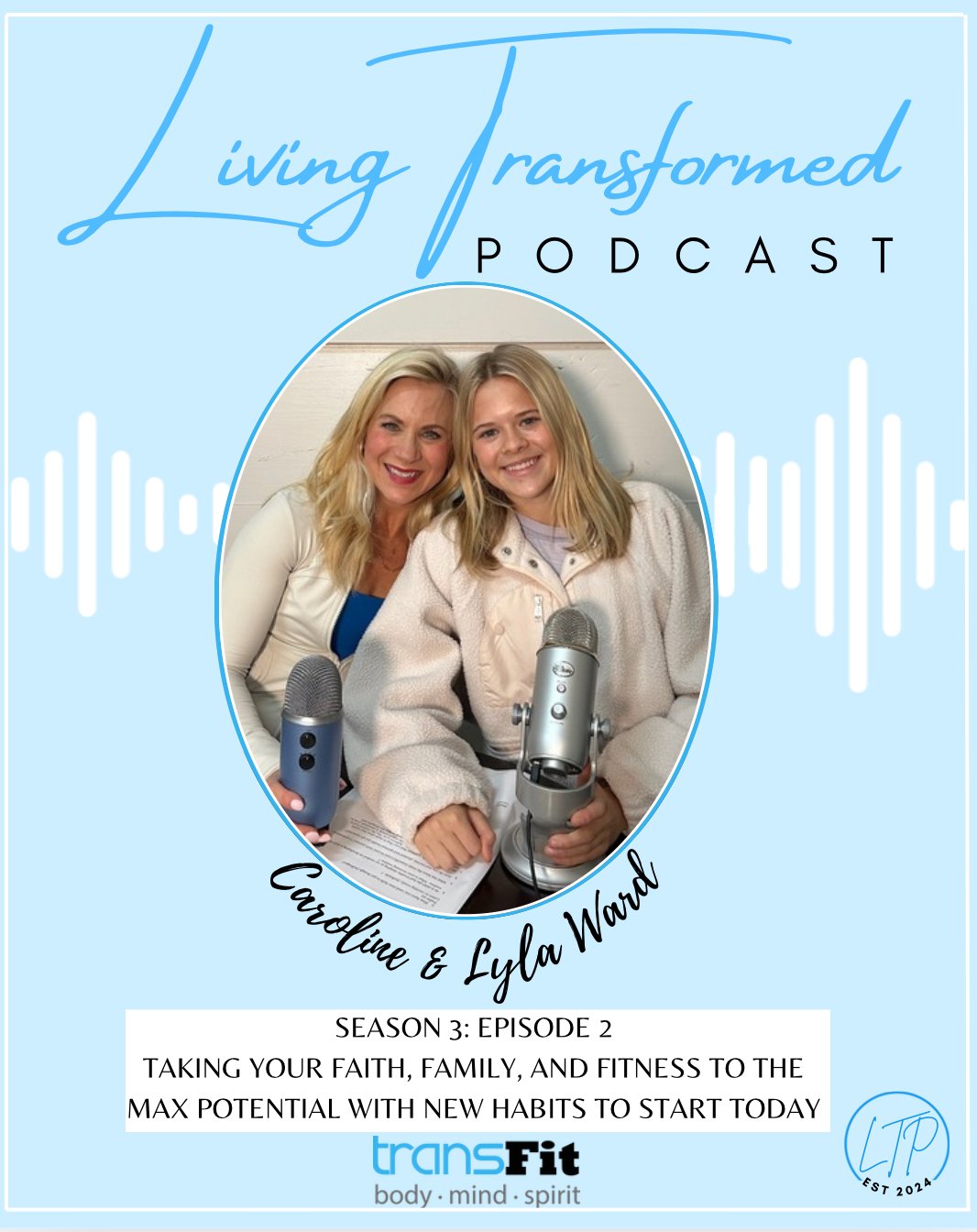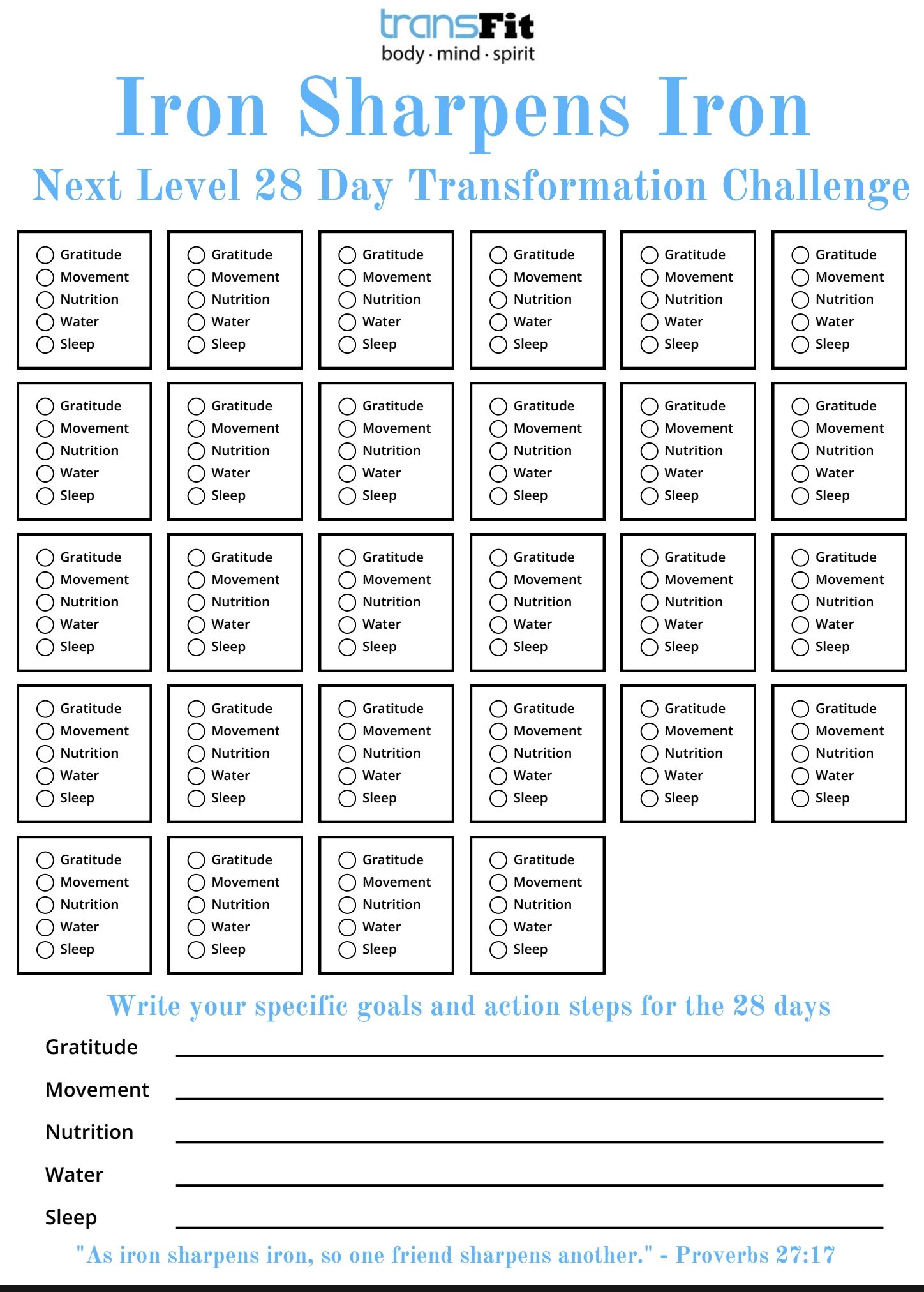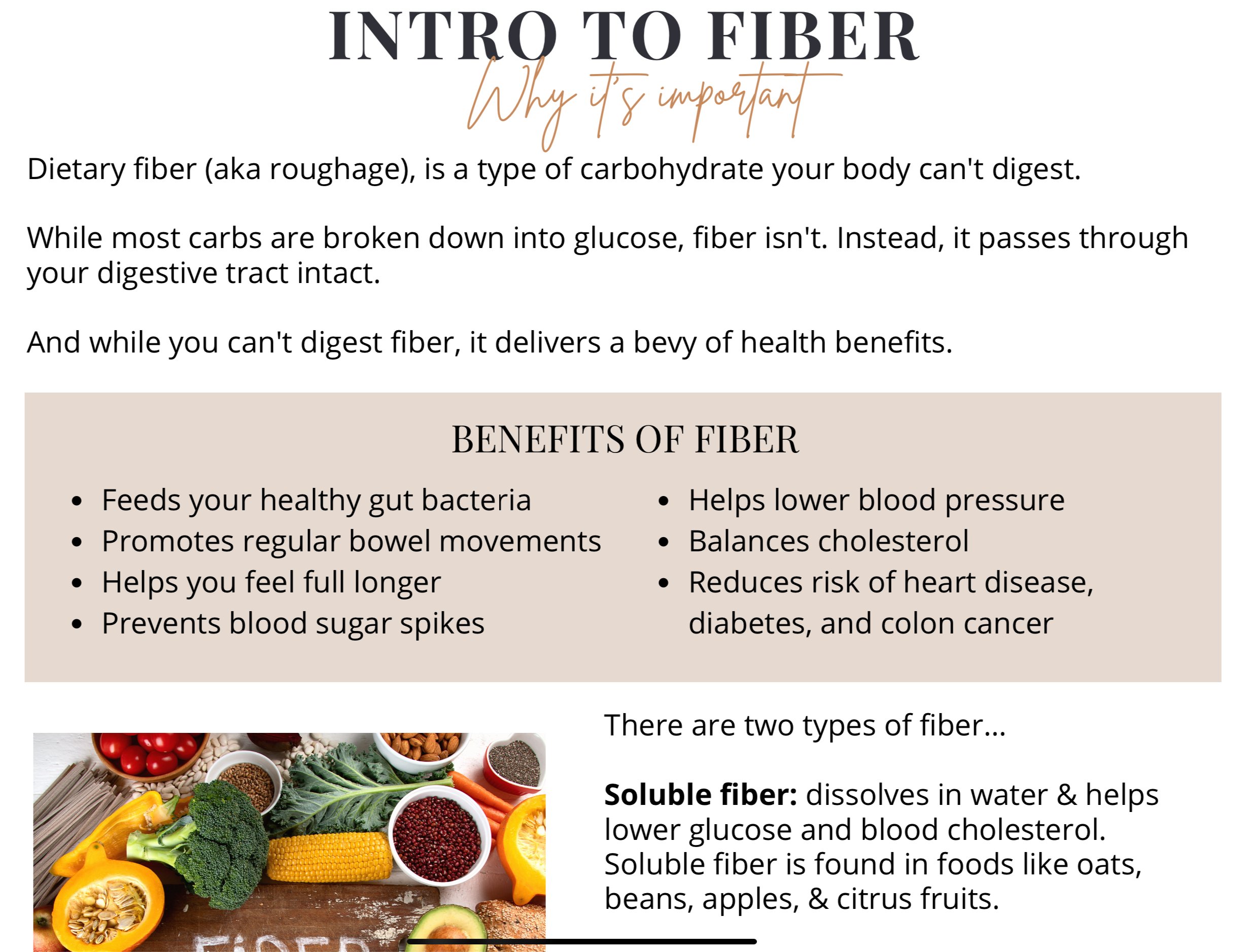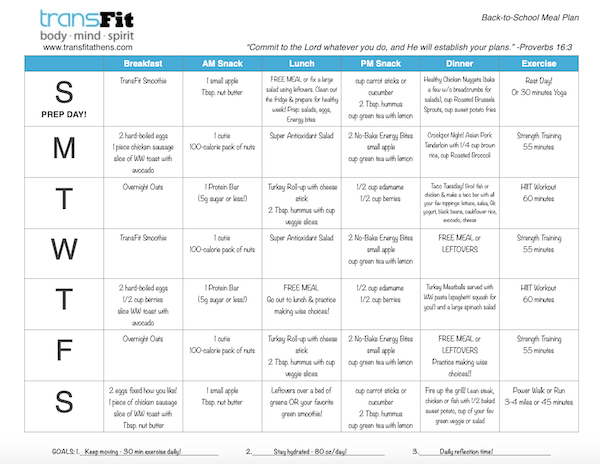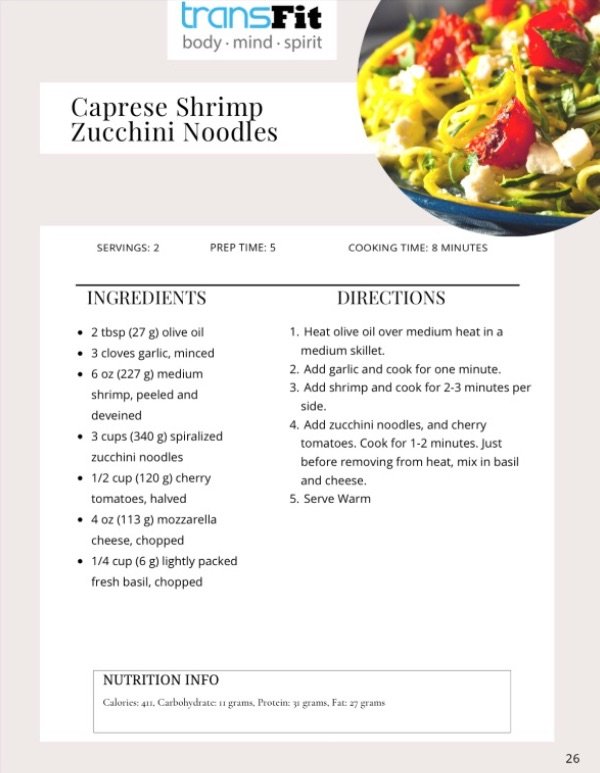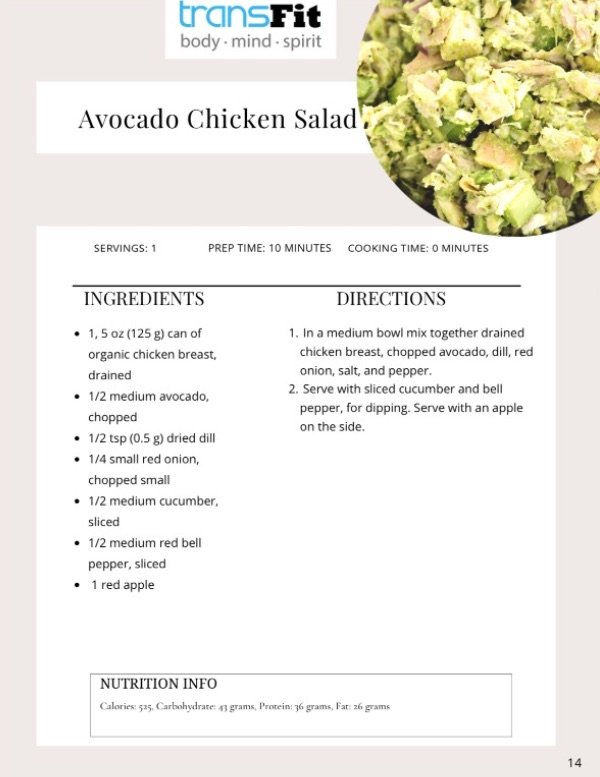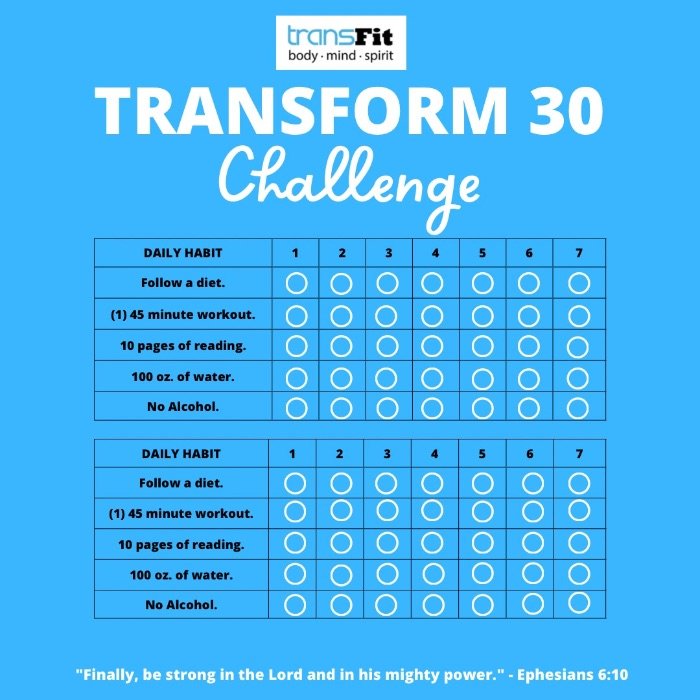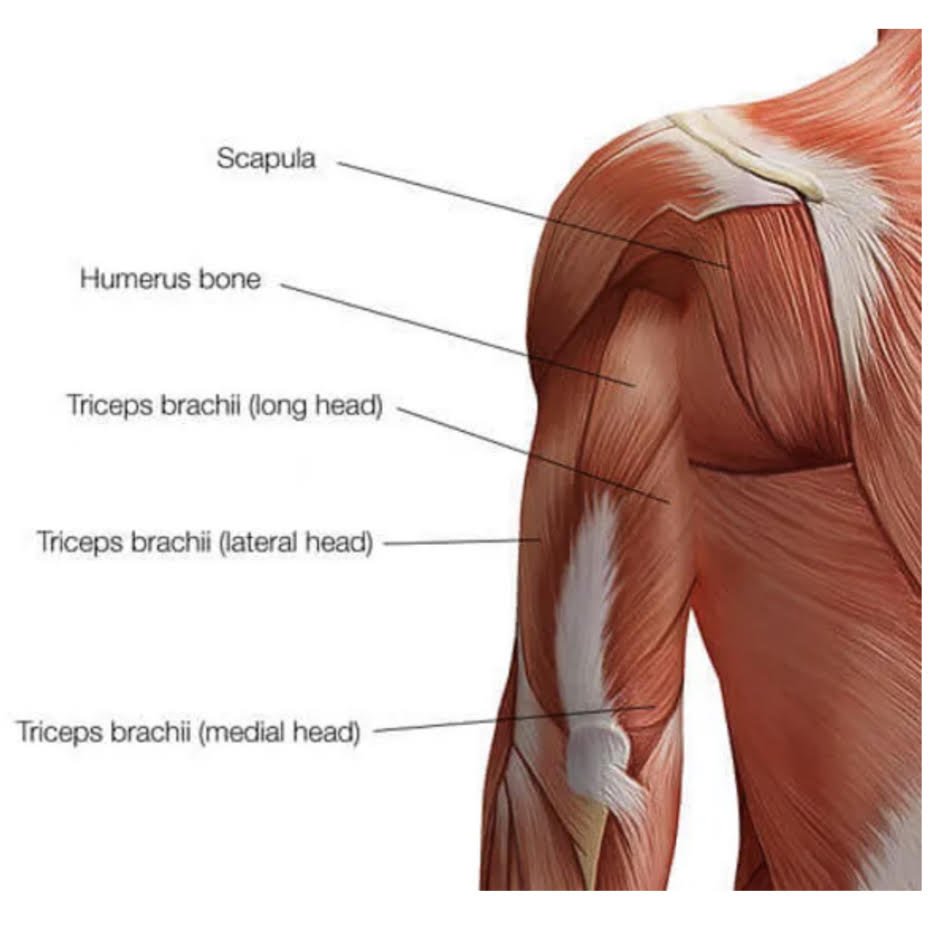What is Brain Fog?
“Brain fog” is not a medical condition but a group of symptoms like memory trouble, lack of focus, fatigue, and scattered thoughts. Low nutrient levels can be a cause, so taking supplements may be beneficial. Always check with your physician before taking supplements and make sure products are third party approved.
Many factors, including nutrient deficiencies or inadequacies, may contribute to brain fog symptoms. These are more common in people with medical conditions commonly associated with brain fog .
The information below covers 5 evidenced-based supplements that may help with brain fog.
5 Supplements for Brain Fog
1. Vitamin D
Vitamin D is a fat-soluble nutrient necessary for immune system function, brain health, and more.
Having low or deficient Vitamin D levels may negatively impact cognitive health and contribute to brain fog symptoms.
People who have depression or depressive symptoms often experience brain fog symptoms such as poor concentration and memory problems.
Vitamin D deficiency is associated with an increased risk of depressive symptoms. Research suggests that vitamin D supplements can help increase vitamin D levels and may help improve depressive symptoms, including brain fog .
Other studies show that vitamin D supplementation may improve overall mental health — including mood, negative thoughts, and symptoms of anxiety and depression — in certain people .
Also, a small study in 42 postmenopausal women who were low in vitamin D found that those who supplemented with 2,000 IU of vitamin D per day for 1 year performed better in learning and memory tests than those who took 600-IU or 4,000-IU doses.
2. Omega-3s
Omega-3 fatty acids are well known for their impressive health effects. Taking concentrated omega-3 supplements may benefit brain health and improve certain symptoms of brain fog, including difficulties with attention and memory.
Studies show that supplementing with the omega-3 fatty acids eicosapentaenoic acid (EPA) and docosahexaenoic acid (DHA) may support brain health, including memory, attention, and mood.
A study including 176 adults with low omega-3 intake found that supplementing with 1.16 grams of DHA per day for 6 months led to improvements in episodic and working memory compared with a placebo.
Omega-3 supplements may also improve depressive symptoms and boost mood, which may help reduce symptoms of brain fog.
What’s more, omega-3 supplements may help improve anxiety symptoms. People who experience anxiety may report symptoms of brain fog because anxiety can negatively affect mood, concentration, and memory. Our hormone health meal plan includes multiple recipes with Omega-3’s.
3. Magnesium
Magnesium is an essential mineral that’s in beans, seeds, and spinach. It’s necessary for many essential body functions, such as enzymatic reactions, energy production, nerve function, and blood pressure regulation.
Many people don’t get enough magnesium in their diet, which may negatively impact brain health and lead to brain fog symptoms such as difficulty concentrating.
Low magnesium levels are common in those who are stressed and can even increase susceptibility to stress.
Stress can cause memory impairment, poor concentration, and anxiety symptoms.
For this reason, maintaining optimal magnesium levels through supplementation may help reduce susceptibility to stress and therefore improve stress-related cognitive impairment and brain fog symptoms.
Some research suggests that magnesium supplements may also help treat symptoms of anxiety and depression, which may improve symptoms of brain fog related to these common mental health conditions.
4. Vitamin C
Vitamin C is well known for its role in immune health, but this nutrient also supports many other important functions in the body, including brain health.
A study that included 80 healthy adults found that those with adequate blood levels of vitamin C performed significantly better in tests assessing memory, attention, reaction time, and focus than those with low vitamin C levels.
Low vitamin C levels may also negatively affect mood, and vitamin C deficiency is linked to depression and cognitive impairment.
5. L-theanine
L-theanine is a compound that’s concentrated in green tea and other plants.
Some studies suggest that taking an L-theanine supplement may help improve mental alertness, reaction time, and memory.
A recent study in 69 adults ages 50–69 found that a single dose of 100.6 mg of L-theanine improved reaction time and working memory on cognitive tests.
L-theanine supplements may also reduce tension and enhance calmness and relaxation.
What’s more, a small study found that 200 mg of L-theanine per day helped reduce stress-related symptoms and improve sleep and certain aspects of cognitive health compared with a placebo.
In Summary
Reducing stress, improving sleep quality, and supporting cognitive health may all help relieve brain fog.
Multiple factors may be contributing to your brain fog, so it’s important to work with a medical professional to get to the bottom of why you’re experiencing these symptoms and create a treatment plan. Whole body health and wellness is at the center of what we do at TransFit. Please let us know how we can serve you.
